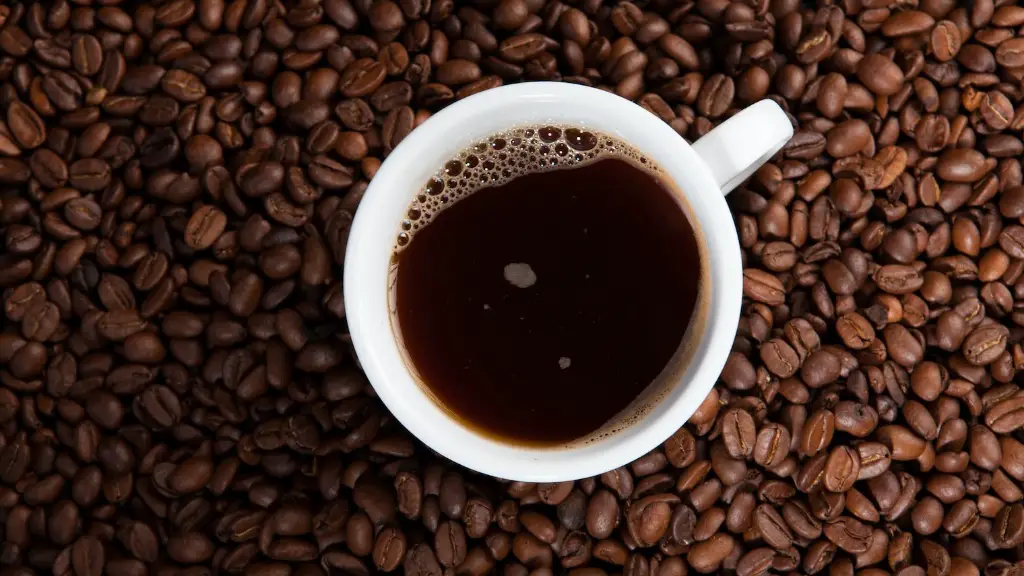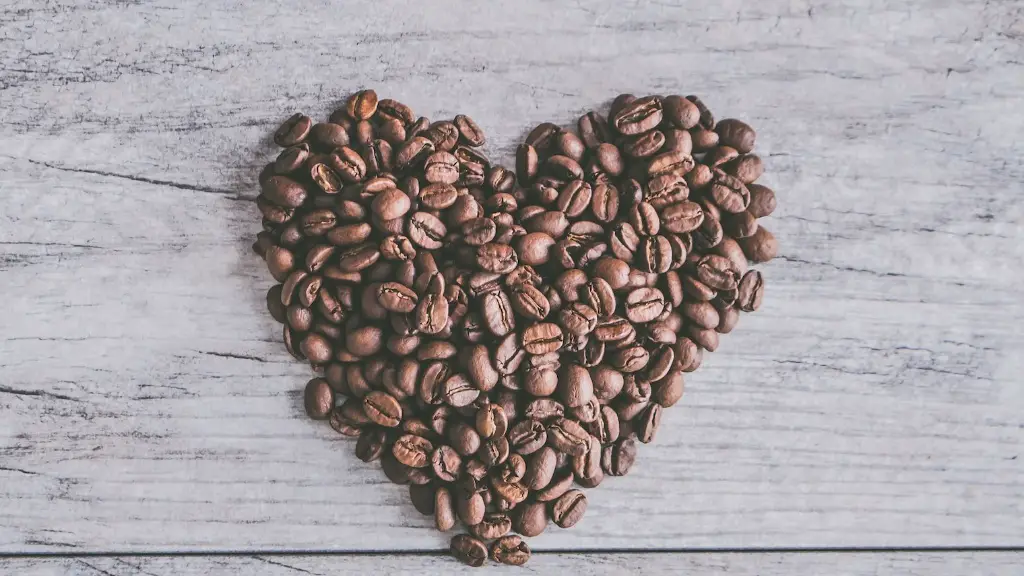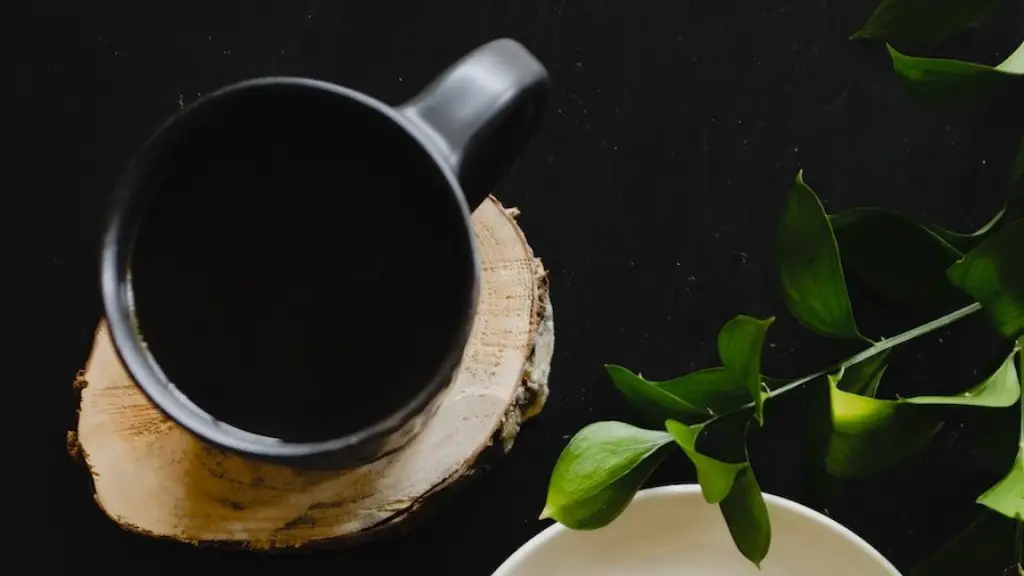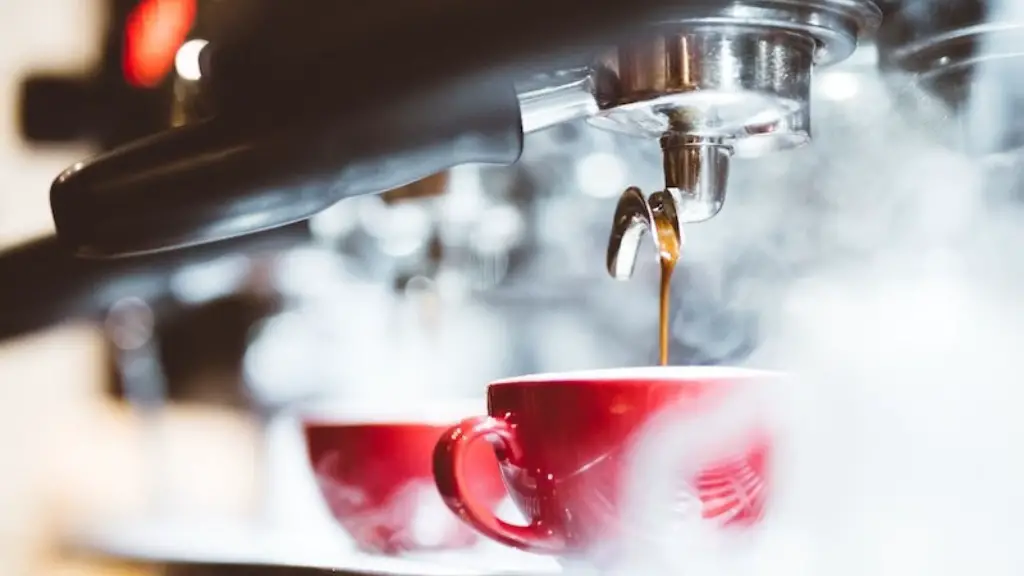An Overview of Coffee Consumption After Tooth Extraction
According to the World Health Organization (WHO), tooth extractions, or the removal of one or more teeth from the mouth, are among the most commonly performed treatments for oral health issues. After a tooth extraction, the patient is typically instructed to avoid eating and drinking hot or hard items in order to aid the healing process. Many patients wonder how soon they can drink coffee after tooth extraction and resume their normal drinking habits.
The healing process after a tooth extracesion depends upon individual factors, such as health and age. Some patients may be able to drink coffee at a much sooner time than others. However, since coffee is high in caffeine and acidity and can affect the healing process, it is important to wait until the area has healed and the dentist has cleared it. Additionally, a cold cup of coffee can be substituted until the gum line is healed and the patient can switch to a regular cup of hot coffee without discomfort. Patients who are unable to wait should adhere to these guidelines for consumption and ask the dentist for advice of how to minimize any potential damage.
Experts recommend that patients wait at least a full 48 hours after a tooth extraction before consuming any coffee. During this period of time, the patient should be attentive to several signs that may indicate the body is not yet ready for coffee consumption. These symptoms include, but are not limited to, persistent bleeding or persistent pain in or around the affected area. If any of these occur, the patient should contact their dentist for further guidance.
Contacting the dentist is highly recommended when it comes to drinking coffee after a tooth extraction. Depending on the patient’s individual circumstances, the dentist may recommend that the patient wait longer before drinking coffee or they may provide other advice, such as rinsing with a peroxide solution. In some cases, the dentist may even advise the patient to temporarily reduce their intake of coffee until the healing process has completed. It is important to have a conversation with a dentist prior to drinking coffee and make sure that all instructions are followed properly.
Lastly, a good way to reduce risk of any damage during the healing process is to avoid coffee altogether. Many patients opt for flavored or decaffeinated tea or other beverages to limit the potential risk associated with consuming coffee. Although coffee may be consumed under certain circumstances after tooth extraction, following dentist instructions, avoiding coffee and its substitutes, or cutting down coffee intake altogether is the safest option for patients.
Futher Considerations for Post-tooth Extraction
It is important to pay attention to the body’s signals in order to identify any potential issues after a tooth extraction. In addition to coffee, other drinks and foods such as alcohol, carbonated drinks, crunchy foods, ice cream and candy should be avoided as they can stress the area and interfere with the healing process. Smoking also has a major effect on the healing process since it decreases circulation and decreases the rate of healing. Additionally, patients should adhere to any medications prescribed by the dentist, as well as any other instructions given.
For the best results, a balanced diet with sufficient nutritional value is necessary to help the body heal. Eating protein, such as lean meats and eggs, will help the body and periodontal tissues repair themselves, while avoiding too many sugary foods is important to reduce risk of problems such as bacterial infection and dry sockets. Water consumption is also important contribute to optimal healing, as it can help flush any debris or food particles out of the mouth.
Although drugs may be prescribed by the dentist to help with the healing process, natural remedies such as saltwater rinses, raw apple cider vinegar and aloe vera, or with the advice of an herbalist, are also an option. Rinsing the area with a solution of warm water and salt can help reduce swelling and stop the bleeding, while the other natural remedies can alleviate pain and promote healing.
The Benefits and drawbacks of Coffee Consumption
Coffee can be beneficial to a person’s health in different ways. Caffeine, which is found in coffee, has been thought to have performance-boosting effects, as well as immune-enhancing and alertness-promoting properties. Coffee also contains healthy antioxidants, which are thought to fight free-radical damage and decrease stress levels, as well as boost mental performance and enhance long-term brain health.
However, coffee can also have certain drawbacks. An excessive amount of caffeine can lead to adverse effects such as restlessness, nervousness, insomnia, and other gastrointestinal issues. Also, since coffee is acidic and can dehydrate the body, it can cause the acidity level of the saliva to increase, which can lead to enamel erosion and increased sensitivity.
In order to reap the benefits of coffee while avoiding the associated drawbacks, it is important to be aware of and adhere to the recommended consumption guidelines. When trying to decide when to drink coffee after a tooth extraction, patients should take into account their individual condition, adhere to their dentist’s instructions, and be mindful of any potential problems associated with consumption. Additionally, limiting consumption of coffee and its substitutes, as well as other high-sugar foods, is key to minimize potential risk.
The Importance of Oral Hygiene After Tooth Extraction
The importance of proper oral hygiene after a tooth extraction cannot be stressed enough. During the healing process, it is important to practice proper brushing and flossing methods to avoid infection or irritation in the affected area. Additionally, rinsing the mouth with water or a special medicated mouthwash provided by the dentist a few times per day can help boost healing speeds and rid the mouth of any potentially harmful bacteria.
It is also important to attend follow-up visits to the dentist after a tooth extraction in order to ensure that the area is healing properly and any potential problems are remedied. Making these appointments part of your routine is key to ensure the best results and overall health of your mouth.
Alternatives to Coffee Consumption
Many alternatives to coffee exist to avoid the potential problems associated with coffee consumption. A popular option is decaf coffee, which has much lower levels of caffeine and acidity than regular coffee. Other coffee substitutes such as herbal coffee substitutes, include Chicory Coffee, Dandy Blend, Caro, and Teeccino.
Additionally, other great alternatives to coffee include English Breakfast Tea, matcha, green tea and chai lattes. Other non-caffeinated options include turmeric or ginger tea, hot chocolate, or even just good old-fashioned warm or cold water with a splash of juice or lemon.
It is important to note that even though coffee substitutes are an option, those with teeth sensitivity should avoid consuming anything that is hot. If someone is in need of a hot beverage while the area is healing, they can go for decaffeinated options such as decaffeinated tea and coffee, as well as herbal teas, over other drinks.
Coffee’s Impact on the Healing Process
It is essential to adhere to the dentist’s instructions regarding coffee consumption after a tooth extraction. Since coffee is highly acidic and contains caffeine, consuming it while the area is still healing can be detrimental to the health of the gums. When consumed in moderation, coffee can help support the healing process, but ingesting it in large quantities or when it is too hot can interfere with the healing process and cause irritation or discomfort.
Coffee’s impact on the healing process is not fully understood, and there is no definitive answer as to how much coffee, if any, a person should consume after a tooth extraction. As with all medications and food, everyone’s individual circumstances are unique and should be taken into account before deciding when and how to drink coffee after a tooth extraction.
Therefore, it is important to talk to the dentist and find out the specific instructions applicable to the individual situation. Making sure that the area is fully healed and following the advice of the dentist are both essential steps to ensure that the healing process goes smoothly and that the patient can enjoy a hot cup of coffee without any problems.




